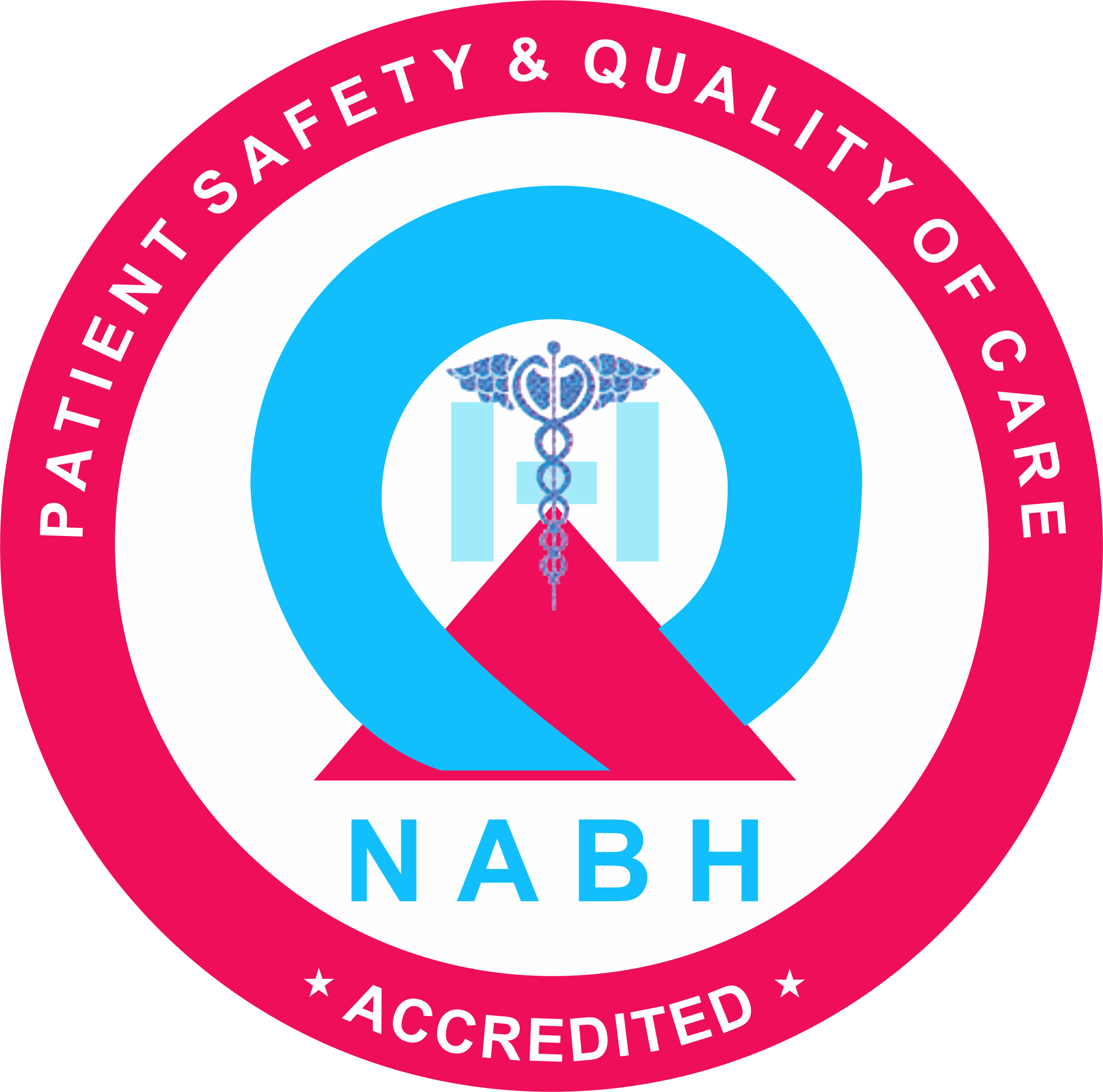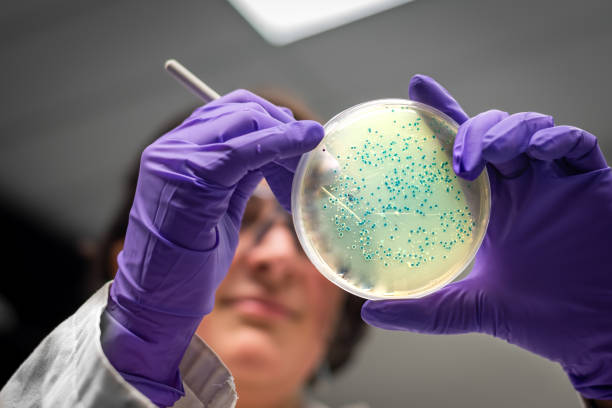


Infectious Disease Diagnosis: Microbiology laboratories in cancer hospitals conduct tests to diagnose infectious diseases, especially crucial for patients with weakened immune systems due to cancer treatments.
Cytological and Histological Analyses: Microbiological techniques, including fine needle aspiration cytology (FNAC) and biopsies, are employed to analyze tissues for the presence of cancer cells and determine their characteristics.
The relationship between microbial infections and cancer is multifaceted, and certain infections have been identified as significant risk factors for the development of specific types of cancer.
Human Papillomavirus (HPV) and Cervical Cancer: Certain strains of HPV, particularly HPV-16 and HPV-18, are major risk factors for cervical cancer. HPV is a sexually transmitted infection, and persistent infection with high-risk HPV types can lead to the development of precancerous lesions and, eventually, cervical cancer.
Hepatitis B and C Viruses (HBV, HCV) and Liver Cancer: Chronic infection with hepatitis B virus (HBV) or hepatitis C virus (HCV) significantly increases the risk of liver cancer (hepatocellular carcinoma). These viruses can cause long-term inflammation in the liver, leading to the development of cirrhosis and increasing the likelihood of cancer.
Epstein-Barr Virus (EBV) and Nasopharyngeal Carcinoma: EBV, a member of the herpesvirus family, is associated with the development of nasopharyngeal carcinoma, a type of head and neck cancer. Infection with EBV is also linked to certain lymphomas, including Burkitt lymphoma and Hodgkin lymphoma.
Helicobacter pylori and Stomach Cancer: Infection with Helicobacter pylori, a bacterium that colonizes the stomach lining, is a major risk factor for stomach (gastric) cancer. Chronic infection with H. pylori can lead to chronic inflammation and damage to the stomach lining, increasing the risk of cancer.
Human T-cell Lymphotropic Virus-1 (HTLV-1) and Adult T-cell Leukemia/Lymphoma: HTLV-1 is associated with the development of adult T-cell leukemia/lymphoma (ATLL), a rare type of blood cancer. HTLV-1 is transmitted through infected blood, sexual contact, and from mother to child during breastfeeding.
At Guru Hospital, the integration of microbiology is crucial for ensuring the optimal care of cancer patients, preventing infections, and advancing our understanding of the complex interactions between microbes and cancer. This multidisciplinary approach helps provide personalized and effective treatment strategies for cancer patients.

4 /120-F, PandikovilRing Road,
Airport – Mattuthavani Ring Rd,
Madurai
Tamilnadu – 625107.